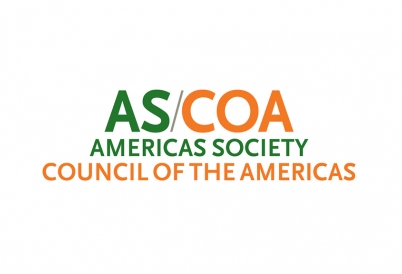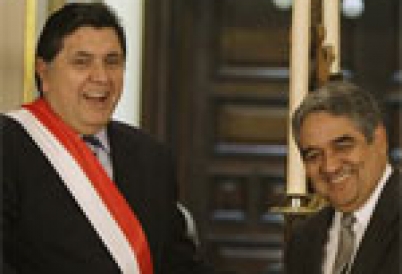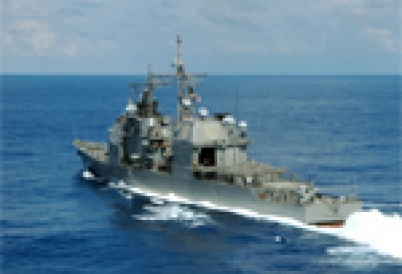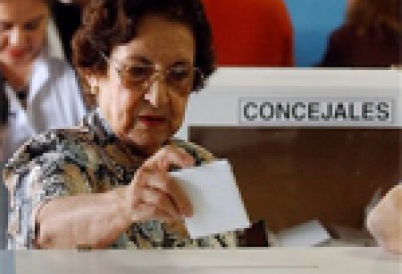Drug-related violence continues to plague Mexico despite President Calderon’s efforts to stem the violence. Recent U.S. congressional approval of funding to help combat drug and gang violence is the first step in a larger multilateral assistance agreement.
Ecuador is in the midst of a controversial constitutional reform expected to be voted on October 2008. But recent regional tensions with Colombia, a government takeover of several media outlets, and a ministerial shake-up have decreased popular support to approve the measure.
Several economies in Latin America have thus far shown signs of being able to weather the U.S. credit crunch. Peru serves as a prime example, posting impressive growth results.
As the U.S. Navy reactivated its Fourth Fleet to manage operations in Latin American waters last week, U.S. officials responded to concerns from regional leaders about the fleet’s purpose.
The dramatic rescue of Ingrid Betancourt raises speculation about who may run in Colombia’s next presidential race. Meanwhile, her release places pressure on the FARC to liberate all hostages. A recent AS/COA analysis takes a closer look at the FARC’s diminishing power.
Ahead of the October municipal elections, Chile’s two main political coalitions are showing signs of internal conflict. Divisions in the Concertación and Alianza camps could have large consequences for the 2009 presidential race.
We are a hemisphere of immigrants. Over the last five centuries, immigrants have influenced the culture, politics, and economies of North and South America. A visit to Mexico City, Buenos Aires, New York, or Toronto makes clear that, more than any other region of the world, this hemisphere has become a global melting pot. Read the full article in the Summer 2008 issue of Americas Quarterly.











